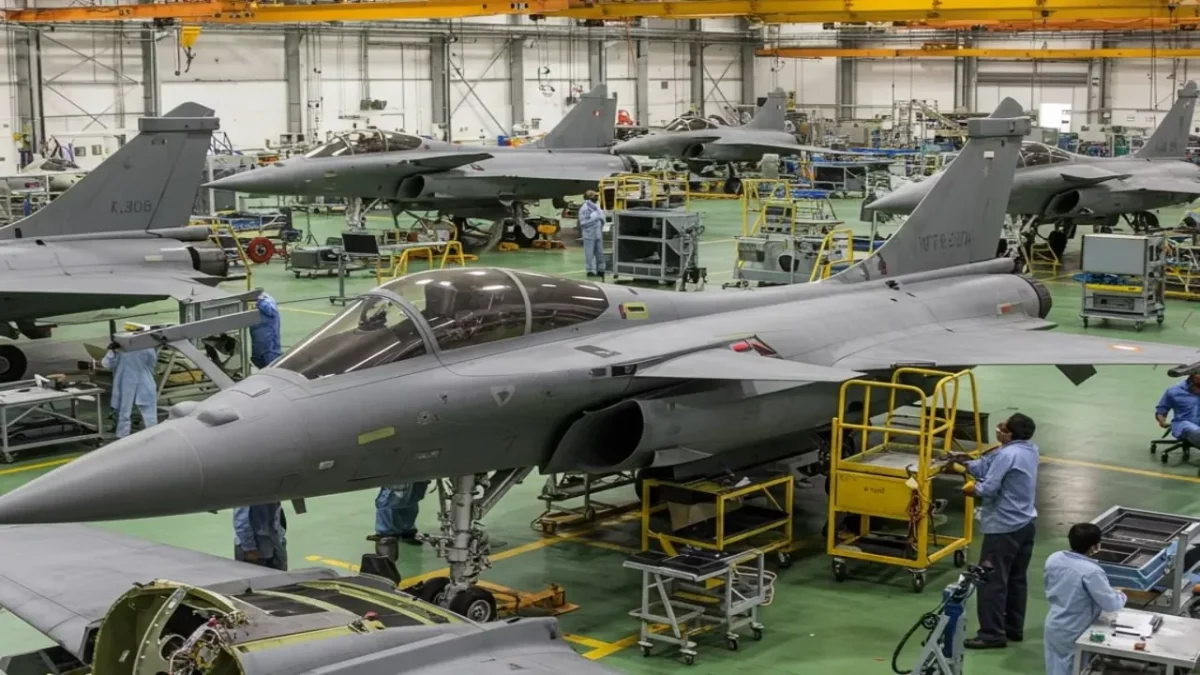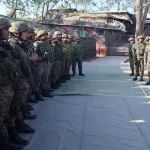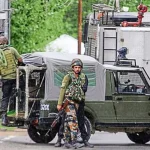India’s Ministry of Defence (MoD) has flagged critical gaps in the Indian Air Force’s (IAF) 114-fighter Medium Role Fighter Aircraft (MRFA) procurement proposal, seeking comprehensive revisions and stronger industrial commitments before moving to the next evaluation stage.
The Ministry’s assessment highlighted insufficient clarity on workshare distribution, lifecycle cost evaluation, and domestic industrial participation. Officials have requested Dassault Aviation, the frontrunner with its Rafale platform, to submit a more robust indigenisation roadmap, including guaranteed technology transfer, supply chain localisation, and the establishment of a full-spectrum Maintenance, Repair, and Overhaul (MRO) ecosystem in India. Emphasis is also placed on critical systems manufacturing, avionics integration, and export-compliant production capacities to ensure long-term self-reliance.
The Defence Ministry’s approach mirrors the structured industrial participation models implemented in prior deals, such as the C295 transport aircraft and naval programmes, which mandated Make in India clauses and verified local production standards. Lifecycle cost validation and operational sustainment frameworks are being strengthened to ensure predictable costs, domestic spare part availability, and long-term upgrade flexibility.
The revised MRFA evaluation may adjust timelines as teams incorporate these enhanced requirements and secure binding commitments from industry partners. The policy shift signals a move from rapid acquisition towards co-development and strategic partnerships that fortify India’s defence manufacturing base.
Impact on Dassault and Other Contenders
Dassault Aviation faces increased scrutiny compared to its previous Rafale contracts, requiring it to exceed prior localisation and technology-sharing levels. Failure to meet these industrial benchmarks could open opportunities for other global contenders such as Boeing F-15EX, Lockheed Martin F-21, SAAB Gripen-E, and Eurofighter Typhoon, provided they offer deeper Indian collaboration or joint production models.
The Ministry’s insistence on binding industrial participation and transparent lifecycle costs underlines a decisive pivot towards strategic autonomy, indigenous capability, and long-term defence self-reliance, prioritising India’s national interests over immediate procurement timelines.













